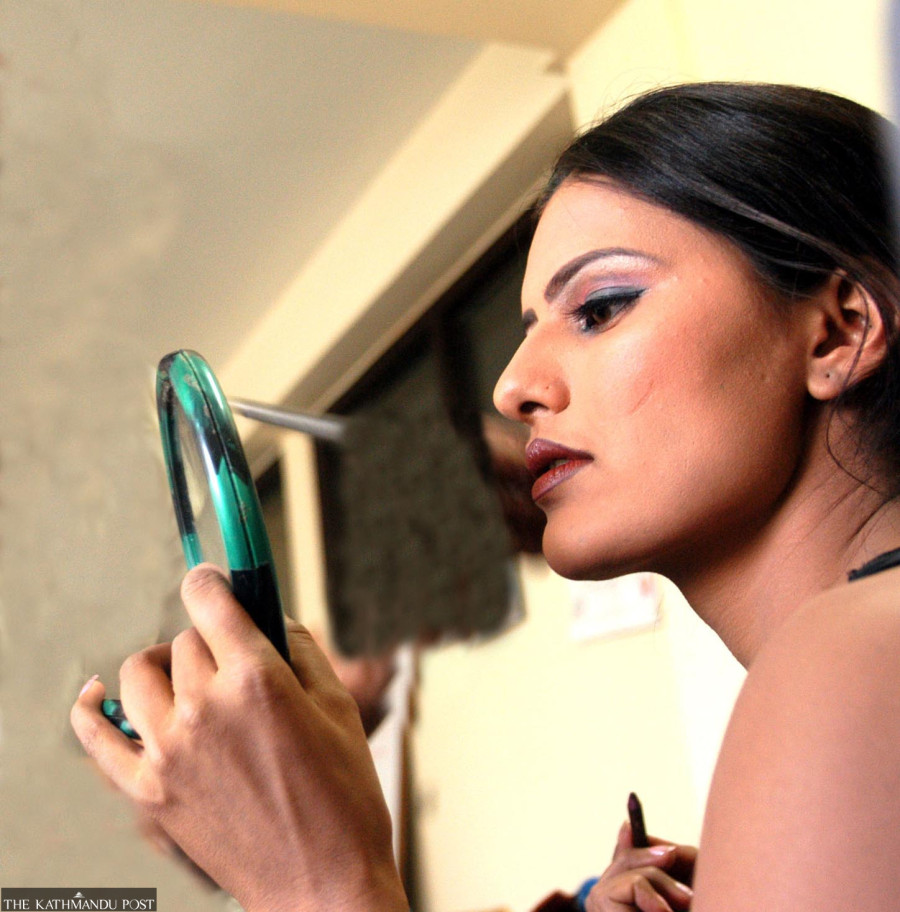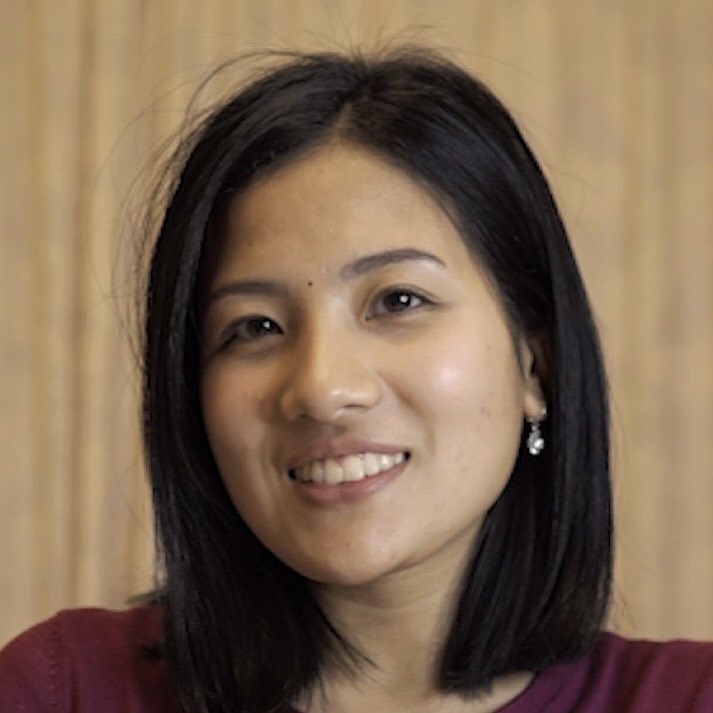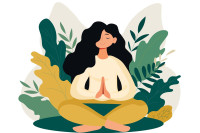Life & Style
The growing obsession with skincare
Instead of visiting a dermatologist and getting their facial skin examined, women in their twenties are studying their own skin types and making efforts to care for it.
Pinki Sris Rana
During her early twenties, while pursuing a Bachelor’s degree, Arpana Samal Magar, like the majority of girls her age, started having major breakouts on her face. Experiencing skin problems for the first time, Samal got her skin checked and even took medicines and applied ointments prescribed by dermatologists.
That was nearly five years ago. For about three years now, Samal has made a conscious decision to focus on her skincare and take care of her skin problems, by herself. Although her skincare routine is pretty light, Magar makes it a point to take care of her skin daily.
“You hear a lot about how the twenties is the right time to start taking care of your facial skin. So, during the lockdown, I started seeing a lot of influencers talking about different products and reviewing them. The urge to start taking care of the skin was always there, but with these videos popping up, the urge finally turned into action,” said the 27-year-old Samal.
The results her skincare routine has yielded to her skin are cathartic. “I rarely have breakouts these days,” adds Samal.
Post-lockdown, many women like Samal, who are in their twenties, have increasingly begun taking care of their skin and investing in skincare products, consciously. Instead of going to a dermatologist and getting their skin checked, they are studying their own skin type, ingredients of the skin products and making an effort to take care of their skin by themselves.
Even some of the skincare influencers here in Nepal started their skincare journey in a similar manner.
Dr Kaushika Acharya, a medical officer at B&B Hospital, started her Instagram page @dr.nepalskincare back in 2020 after dealing with acne for a year, on her own.
Although Acharya hasn’t done her specialisation in skin, it was her own skin problem that led her to start her own review page on skin products that were available here in Nepal.
“In my circle of colleagues, there are dermatologists too. We talk about skin products, what to use and what not to use. So, it is only by understanding the skin products that I sit down to review them,” says the 28-year-old Acharya.
The skin products Acharya reviews are the products that are easily available in the local market and are affordable.
“People tend to believe that good skincare product are always expensive. And yes, they tend to be. And not all can afford to buy those expensive serums monthly. So, I try telling my target audience, who come from middle-class families like me, about the affordable skin care products that are actually good.”
The 22-year-old Charu Shakya, who came back to Nepal after dropping out of her studies in India, started off with her skin care regimen to overcome her guilt.
“After dropping out of my studies, I was disappointed with myself and I felt like I was a huge disappointment to my family. And during that time, maybe because of the stress, my acne got triggered. So, I started doing skin care as an act of self-love when I felt nobody else loved me.”
Now Shakya follows a 30-minute skin care routine twice daily, which includes cleansing, double cleansing, using toners and then moisturising.
Shakya treated her acne by doing skincare daily and also treated her sister’s acne problems. After all the knowledge she gained from studying different ingredients in the products and following other skincare influencers, Shakya said that she finally got the confidence to start her own page, ‘Skincaregeek 101’, both on Instagram and on Tiktok.
Although Shakya’s page stemmed from her hobby, she decided to pursue a professional career in it. Shakya is also the content creator for Peachytonics, a skincare brand that makes organic skincare products in Nepal.
Even though skin care is a form of self-care for many, the skincare influencers do agree with the fact that having a flawless complexion is one of the beauty standards for women that more or less propels them to adopt a skincare routine in their lifestyle.
The 24-year-old Laxmi Tamang, too, started becoming more conscious when she started having dark spots on her nose. When the question of ‘what happened to your nose’ was frequent, Tamang stopped wanting to take out her facial mask.
“My friends do a lot of skincare and the most I did was wear Lotus sunscreen. I did feel I wasn’t doing quite enough back then,” said Tamang.
The feeling of not taking enough care of their skin, doubting the skin products due to their price range, and product shaming are all related to the trending topic - skin quality shaming. The skincare community globally has been seeing a lot of shaming going around and although subtle, it’s a similar case here in Nepal too, said Dr Acharya.
“Seeing your friends use a 10-step skincare routine and using a certain product, people often feel that maybe I am not doing enough and I should follow it too. In Nepal, skin quality shaming comes more naturally to an individual rather than other people actually telling them so,” Acharya added.




 19.12°C Kathmandu
19.12°C Kathmandu










